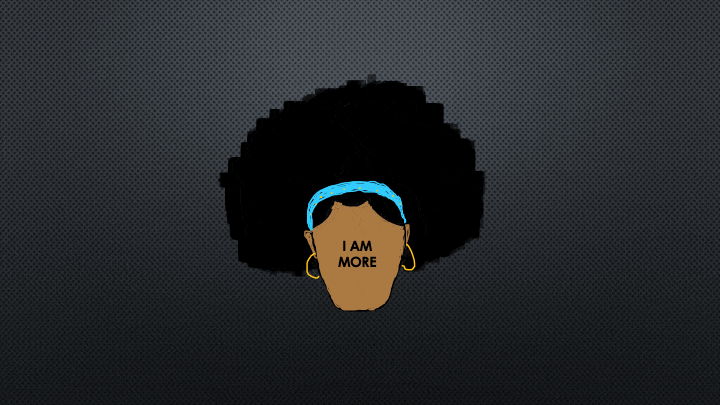Eleven times is a large quantity when talking about the ratio of how black girls in Allegheny County of Pittsburgh, PA are eleven times more likely than white girls to get referred to Juvenile court, according to Dr. Kathi Elliot, the CEO of Gwen’s Girls. As reported by Sara Goodkind, black girls have a forty percent chance to be dismissed from being formally processed than a white girl who has a forty-seven percent chance.
Overall, in recent years, girls of all races involved with making contact with juvenile justice system has significantly increased.
Research from the Fisa Foundation shows that most black girls who come into contact with being referred to Juvenile court in Allegheny County is because they committed some level of assault whether it is simple assault or aggravated assault.
The complication in fixing this particular issue is that different schools and placement facilities have adopted a zero tolerance policy when it comes to violence. While, I do NOT fully disagree with these places adopting this policy because I do understand that violence should not be permitted; thus, I believe that there are other ways to handle these behaviors.
We have to look at the underlying factors of what is causing black girls to develop delinquent behaviors such as violence being an example, causing them to come into contact with police officers and juvenile system officials in a negative light.
For most black girls, who are being referred to the juvenile court, examples such as growing up in a low-income neighborhood, racism, lack of parental guidance in some cases, are all important factors that we need take into account before we as authoritative figures are so quick to give them up as a referral. By taking heed to these factors, we can better yet equip ourselves to help make a change when delinquent behaviors are surfacing. A good way to start is by completing psychosocial assessments on these girls. A psychosocial assessment allows us to know exactly what is going on with her, what she may have been through, and any triggers she may have causing her to act out. This allows us to better prepare ourselves when it comes to handling a particular situation with that girl.
What are some other way we can lower percentage of black girls being referred to juvenile court in Allegheny County of Pittsburgh, PA. Please feel free to share your insight!
References:
“Pittsburgh’s Black Girls Face Lots of Inequity Barriers. Advocates Want Tangible Change.” I Am a Black Girl and…, 28 Apr. 2017, blackgirlspgh.publicsource.org/justice/pittsburghs-black-girls-face-lots-inequity-barriers-advocates-want-tangible-change.
“New Report: Inequities Affecting Black Girls in Pittsburgh and Allegheny County.” FISA Foundation, fisafoundation.org/2016/10/new-report-inequities-affecting-black-girls-in-pittsburgh-and-allegheny-county/.

